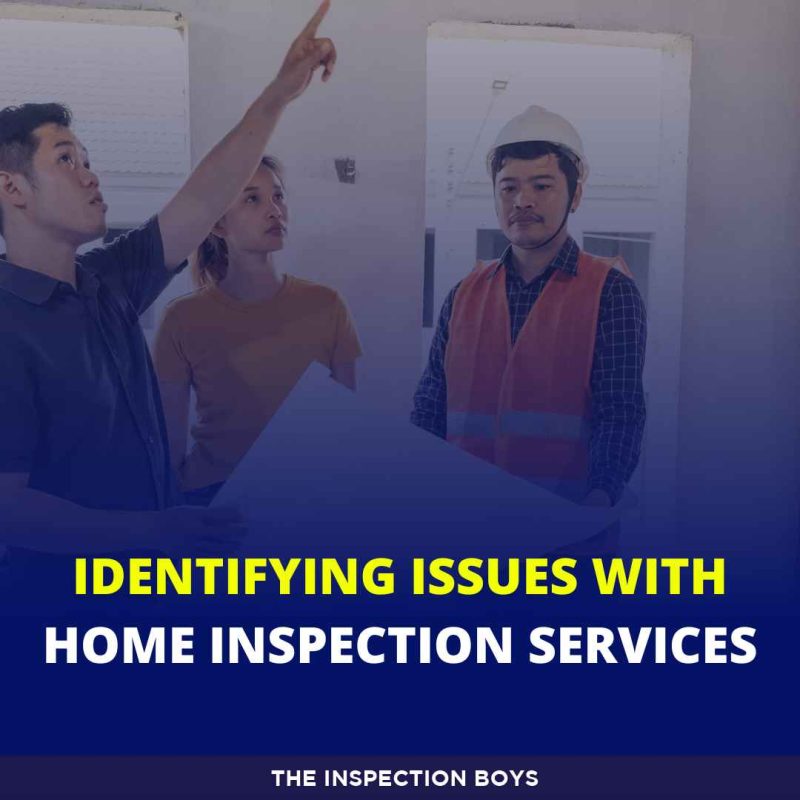Understanding the difference between a disappointing home inspection service and a report that uncovers significant issues with a property is crucial. Here’s what might indicate a subpar home inspection company:
Missed or Inaccurate Reporting
- Overlooked Problems: Missing critical defects can lead to unexpected expenses and safety hazards.
- Report Errors: An inspection report filled with inaccuracies undermines the reliability of the findings.
Unprofessional Behavior
- Rudeness: Lack of professionalism in any service industry, including home inspections, is unacceptable.
- Tardiness and Damage: Arriving late or causing damage to your property reflects poorly on the company’s professionalism.
Communication Failures
- Lack of Clarity: Findings that are not clearly communicated or reports that are difficult to decipher can be frustrating.
- Unanswered Questions: A good inspector should be willing to address any concerns or questions you have about the report.
Steps for Homeowners to Take
Document Your Experience
- Keep a record of the inspection report, any communication with the company, photographs of overlooked issues, and notes from the inspection.
Reach Out to the Company
- Contact the inspection firm directly to discuss your concerns, emphasizing the need for clear solutions and maintaining a record of all communications.
Consider a Second Opinion
- If you doubt the accuracy of the inspection, getting a second professional opinion can help differentiate between legitimate concerns and mistakes.
Explore Dispute Resolution Options
- State Licensing Boards: Many states regulate home inspectors and may offer a complaint process.
- Professional Associations: Organizations like ASHI or InterNACHI may provide mechanisms for filing grievances.
- Legal Action: In cases of significant financial loss, consulting with an attorney about small claims court could be warranted.
Buyer vs. Seller Considerations
- Buyers: Utilize the inspection report to negotiate repairs or price adjustments, understanding the full extent of potential issues.
- Sellers: Pre-listing inspections allow you to address problems on your terms, potentially streamlining the sale process.
Preventing Negative Experiences
Research and Referrals
- Obtain recommendations from trusted sources and verify the inspector’s qualifications, including state licensure and relevant experience.
Inspection Report Samples
- Review sample reports to ensure they are comprehensive, understandable, and include visual aids where necessary.
Active Participation
- Being present during the inspection allows for immediate questions and clarifications.
Deliberate Decision-Making
- Take the time to assess all information and options following the inspection to make informed choices about your property.
Conclusion
While facing the results of a less-than-ideal home inspection can be challenging, understanding your rights and options empowers you to take appropriate action. Proactively selecting a reputable home inspection company and being informed about the process can significantly mitigate these risks. Always remember, a detailed home inspection, even one that uncovers numerous issues, is invaluable for making informed decisions regarding property investments.

